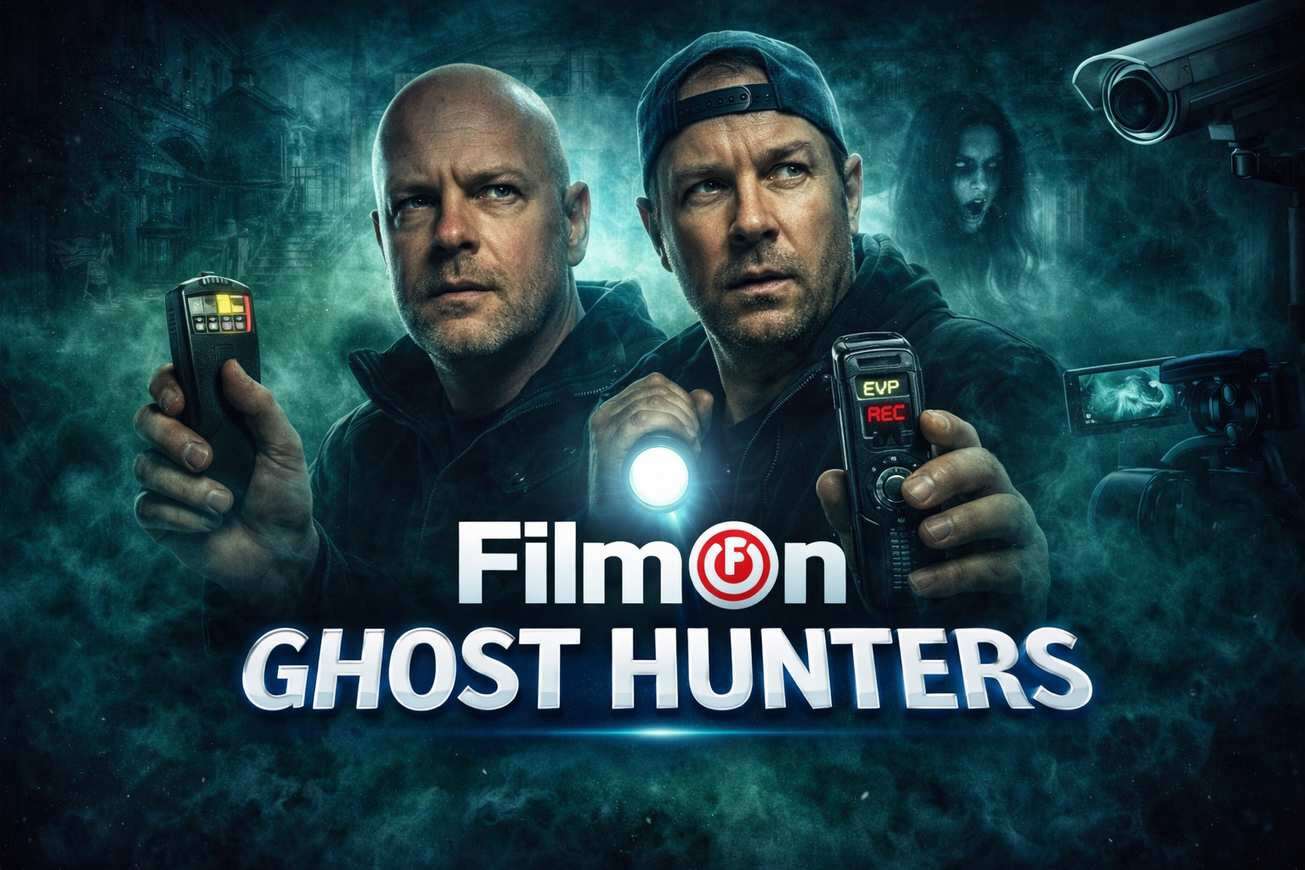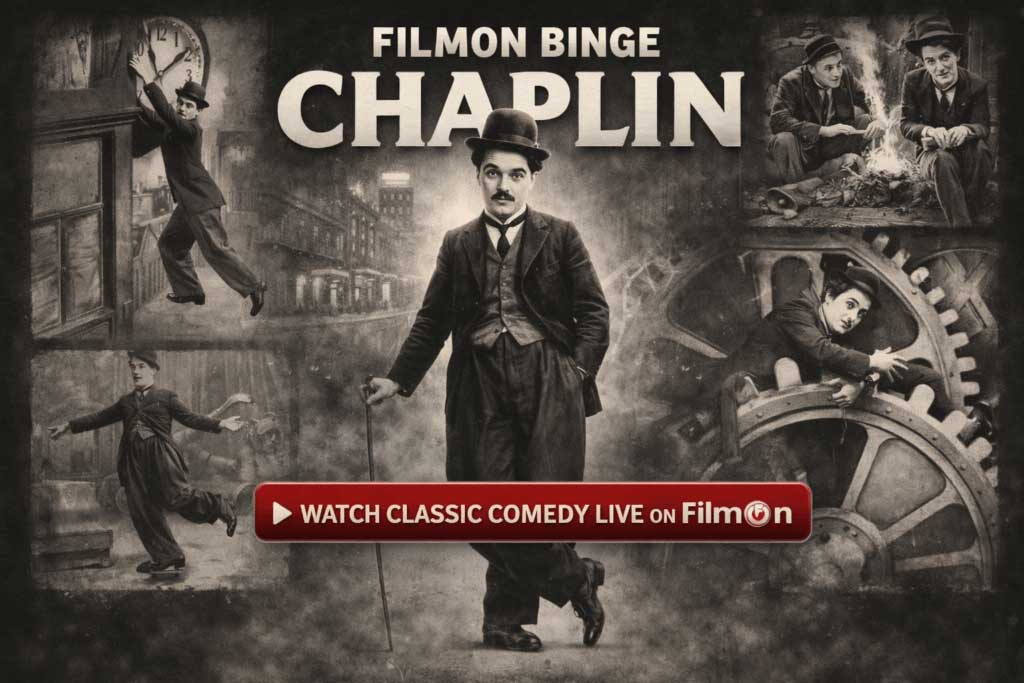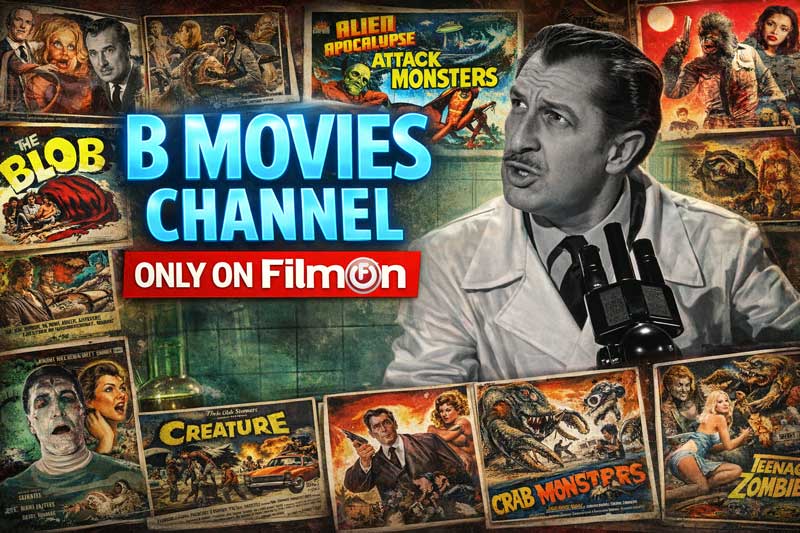Daniel Naroditsky, a standard-bearer in the world of competitive chess that flourished in the COVID-19 pandemic, passed away on Monday at the age of 29, leaving behind a legacy as one of the greats of the game who helped usher in its digital era.
The American grandmaster won several championships and amassed hundreds of thousands of subscribers on YouTube, Twitch, and other platforms, where he would livestream matches and explain strategy in real-time. However, he also struggled with the cyberspace he helped build.
During the pandemic, high-speed chess became wildly popular online, cultivating a community that soon faced rampant cheating allegations as players accessed sophisticated computer programs that could provide them with an unfair edge.
Naroditsky's untimely death has shed light on the dark underbelly of the chess world, a facet that brought undue criticism and hostility upon the star in his final months. His cause of death has yet to be disclosed.
Legacy of Integrity
Naroditsky was plagued by unverified cheating allegations, notably from Russian grandmaster and former World Chess Champion Vladimir Kramnik, whom Naroditsky admired as a young player.
Despite his denials, Naroditsky openly shared how these claims affected him. In a livestream prior to his death, he expressed, “Ever since the Kramnik stuff, I feel like if I start doing well, people assume the worst of intentions.”
He expressed a desire for top players to trust his integrity as a competitor. Fellow grandmasters hailed him as an honorable ambassador of the game and one who made chess widely accessible. His family expressed hope that he is remembered for the joy and inspiration he provided daily.
Naroditsky achieved the title of grandmaster — the highest title in chess aside from World Chess Champion — at just 18. He consistently ranked in the top 200 globally and won the U.S. National Blitz Championship. He dedicated much of his time to mentoring youth in Charlotte, North Carolina.
“Daniel was an incredible teacher and explainer of chess,” remarked Daniel Weissbarth, co-owner of Silver Knights Chess Academy.
In response to his impact, Arkady Dvorkovich, president of the International Chess Federation, announced plans to establish a memorial prize in Naroditsky's name, describing him as brilliant, kind, and deeply admirable.
Blame Game
Many chess professionals have called for an end to the finger-pointing that plagued players like Naroditsky, especially given the rise of fast-paced chess online.
Kenneth Regan, an international master and computer science professor, noted that the opportunity for online cheating has escalated as the sport has shifted to the internet. Despite potential policing methods, they may infringe on players' freedoms.
“The rate of cheating online is 100 to 200 times higher than the rate over the board,” Regan reported, emphasizing the need for more stringent measures without becoming invasive.
Chess.com, a leading platform for online chess, previously suspended Kramnik’s blog for propagating unfounded cheating accusations against numerous players, warning of his escalating attacks on respected chess figures.
The swift styles popular in the digital chess arena rely heavily on trust, leading to frequent allegations. Such fast-paced environments promote a sharp, instinctive form of play.
Nurturing Young Talent
Just days before his passing, Naroditsky released a video, stating he was “back, better than ever” after a brief creative hiatus. His instructional content became invaluable resources for players of all skill levels, according to Benjamin Balas, a psychology professor.
Grandmasters like Hikaru Nakamura and five-time World Champion Magnus Carlsen have praised Naroditsky for his contributions to the chess streaming renaissance. Carlsen acknowledged Naroditsky as a beloved figure and a critical asset to the chess community, highlighting how streamers inspire an influx of new chess enthusiasts.
“People, they see Daniel or other streamers and they start to play online chess,” emphasized John Hartmann, editor of Chess Life magazine.
As the chess world mourns, Naroditsky's vision of a fairer, friendlier chess community may inspire future generations.





















